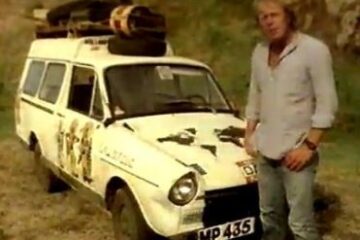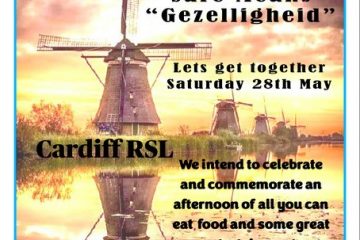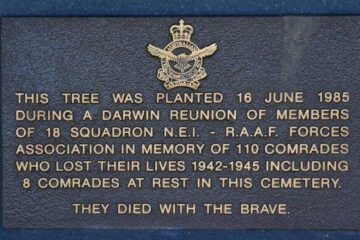Consistent with other ethnic groups, a small proportion (6%) of the Dutch elderly is reversing to their language-of-origin. When impaired health, compromised mobility and transport problems are also experienced, it may become difficult or impossible for older people to attend Dutch-specific functions. This may lead to social isolation, in particular when relatives have moved away. The second generation has usually minimal Dutch-language skills and the grandchildren often do not speak any Dutch at all.
To face those problems, the Dutch community came together and the Netherlands Retirement Village Association of Queensland (NRVAQ) was formed to build the Prins Willem Alexander Village (PWV – in Birkdale – Brisbane). The village was opened in 1978 and the complex has expanded gradually over the years.
Realising that nursing home type care is now also urgently needed, serious attempts are being made to build ‘high-care accommodation’. In line with other service-providers, the NRVAQ received federal funding for the residential care in the village. The NRVAQ also received funding for 20 Community Aged Care Packages (CACPs) for residents, primarily of Dutch background, at the Sunshine Coast. This means that 20 care-recipients at the North Coast (Caboolture to Noosa) were getting assistance with ‘activities of daily living’ such as bathing, shopping, gardening and cleaning. Dutch-speaking and culturally aware staff members provide these services.
The Ethnic Communities Council of Queensland (ECCQ) provided similar Brisbane-wide services for several culturally diverse groups, including the Dutch. Support services are provided for around 50 care recipients with a Dutch-speaking background.
In Victoria a similar organisation had developed, DutchCare Victoria. With a dwindling number in Dutch aged care patients the organisations to broaden itself under the name MiCare short for Migrant Care
Following this MiCare merged with NRVAQ and the PWV.


